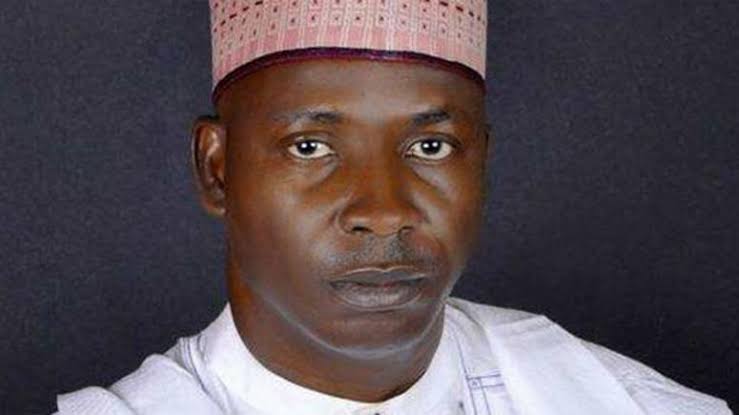The National Film and Video Censors Board (NFVCB) on Wednesday in Lagos assembled practitioners and various stakeholders in the entertainment and creative industry to brainstorm on creating policies that will regulate streamers and content providers in Nigeria.
The ongoing two-day conference has as its theme: “Nigeria Digital Content Regulation“.
In his opening address, Mr Adedayo Thomas, NFVCB Executive Director and Chief Executive Officer, said that there was a need to give form, structure, balance and protection to digital content consumption, so as not to lose the current value and forecast.
He explained that the conference was designed to discuss the implication of Nigeria Censorship Laws and Regulatory Framework for Over -The -Top (OTT) streaming services and content providers in Nigeria.
“The shift from traditional to digital content consumption and the operations of national and international OTT streaming services continue to impact on the growth of local film industry in Nigeria.
“With over 50 per cent internet penetration, it has become imperative to convene this conference to bring together stakeholders and legislators in a conversation so as to come up with crystal policies on the regulation of streamers and content providers,“ Thomas said.
According to him, the inability of the board to regulate the digital space over the years does not take away the statutory powers conferred on it by the law.
The NFVCB boss noted that the digital content market would not survive on self -regulation and hence the need to subject its operations to effective statutory regulatory, as the government continued to promote ease of doing business.
He stated that this was key to sanitise the industry and create an equal platform for both local and foreign actors to thrive.
“The goal of regulation is not to stifle creativity but to create sanity and encourage healthy competition for socio-economic gains“, Thomas said.
In his address, Minister of Information and Culture, Alhaji Lai Mohammed, commended the board for organising the conference to enable stakeholders to discuss the implications of Nigeria censorship law and regulatory framework on OTT services and digital content.
Mohammed, represented by Mrs Comfort Ajiboye, Director, Information and Technology in the ministry, said that OTT platforms were under government’s lens for a while, following ongoing global discussions for its regulation.
“The popularity of OTT in Nigeria has drastically increased with the COVID-19 pandemic, among other factors fueling its demand even further and hence its regulation.
“Despite the benefit of the content, there have been negative impact of the content on the society and also competition with the local industries within the country.
“Social media and streaming services despite their advantages can be a tool to cause chaos and undermine democratic processes, ” he noted.
According to the minister, a forward thinking, broad-based policy and regulatory framework should be designed to encourage technology and innovation.
In her goodwill message, Commissioner for Tourism, Arts and Culture, Lagos State, Mrs Uzamat Akinbile -Yusuf expressed worry that the film industry was not spared from the proliferation of unrealistic contents and misleading narratives.
Akinbile-Yusuf said that the development called for more vigilance on the part of the government and underscores the need for appropriate agencies of government to be responsive in enforcement and regulation.
At a panel session, NEFLIX Director of Public Policy, Sub-Sahara Africa, Mrs Shola Sanni, said that the OTT streaming service works hand-in -hand with independent producers in a variety of context in Africa.
“In Nigeria, this translates to significant investment in local content which creates new opportunities, ” she said.
The News Agency of Nigeria (NAN) reports that delegates at the conference are members of the various Guilds in Nollywood which included Actors Guild of Nigeria (AGN) and Directors Guild of Nigeria (DGN).
Others are the Association of Movie Producers (AMP), Theatre and Movie Practitioners Association of Nigeria(TAMPAN), among others.
Other participants include local and international streaming services, Free To Air (FTA), Pay TV operators and other content creators.








